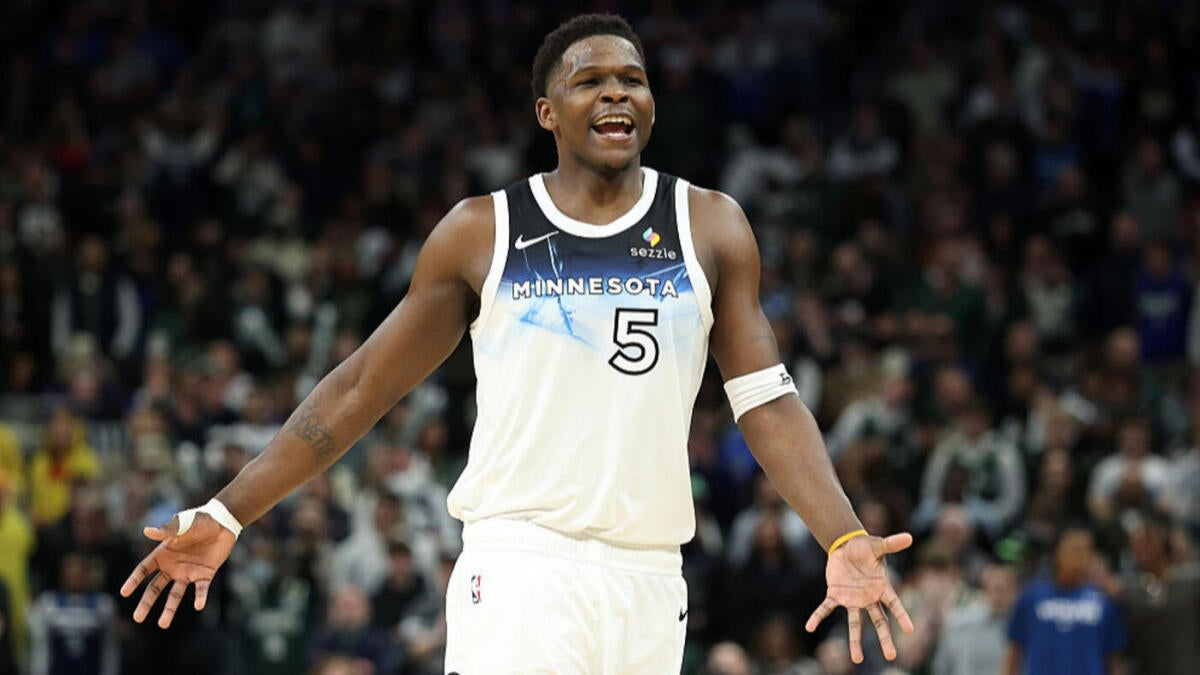“`markdown
The Unseen Game Changer: How Leadership Shapes Sports Beyond Statistics
Basketball isn’t just about points on a scoreboard. When Minnesota Timberwolves coach Chris Finch confronted Anthony Edwards after their Game 1 loss to the Warriors, he wasn’t critiquing missed shots—he was addressing a void in leadership. This moment reveals a truth often overshadowed by highlight reels: in sports, leadership isn’t a sidebar; it’s the engine.
The First Five Minutes: Why Tone Dictates Outcomes
Energy as Currency
Finch’s blunt advice—“come out and set the tone”—wasn’t about Edwards’ stat line. It was about recognizing that star players trade in two currencies: skill and energy. A lethargic start from a team’s cornerstone (like Edwards’ scoreless first half) doesn’t just hurt individually; it lowers the entire team’s voltage. Studies show that teams mirror the effort level of their top performers within the first five minutes of play. When Edwards checked out mentally, the Timberwolves’ defense and transition game followed.
The Myth of “Warming Up”
Athletes often talk about “finding rhythm,” but leaders don’t have that luxury. Finch’s critique exposed a flawed assumption: that stars can coast early and flip a switch later. In playoff basketball, opponents capitalize on hesitation. Golden State’s early 12-point lead wasn’t just about Curry’s threes—it was about Minnesota’s passive body language, starting with Edwards.
Leadership’s Domino Effect: One Player’s Slump, Everyone’s Problem
The Silent Chain Reaction
Edwards’ off-night had invisible consequences:
– Defensive lags: Teammates hesitated to rotate, anticipating Edwards wouldn’t recover.
– Stagnant offense: Without his drives, shooters like Karl-Anthony Towns settled for contested jumpers.
Finch’s message? Leadership means playing with urgency even when your shot isn’t falling—because your slump isn’t yours alone.
The Vocal vs. Kinetic Leader
Not all leaders are rah-rah motivators. Edwards prefers leading by example, but Finch challenged him to merge action with intention. A simple gesture—a hard close-out on a shooter, sprinting back on defense—can jolt a team awake. These “kinetic cues” often matter more than halftime speeches.
The Playoff Paradox: Talent Wins Games, Leadership Wins Series
Pressure Amplifies Everything
The regular season forgives inconsistent effort. Playoffs expose it. Edwards’ 19-point second half in Game 1 proved his talent, but the Timberwolves needed his fire from tip-off. Great leaders treat every possession like a turning point—because in playoffs, it often is.
Building “Response Muscle”
Finch’s critique wasn’t punitive; it was developmental. Young stars like Edwards must learn to self-correct mid-game. Michael Jordan famously adjusted his shoes mid-play to refocus; Tim Duncan would deliberately take a charge to energize the Spurs. Edwards’ next step? Developing those subtle leadership reflexes.
Conclusion: The Box Score Doesn’t Measure Heart
The Intangibles That Define Legacies
Stats capture points, not presence. Finch’s challenge to Edwards wasn’t about one loss—it was about sculpting a leader who elevates others. The Timberwolves’ playoff hopes hinge on Edwards realizing that his greatest value isn’t just in scoring, but in being the spark that ignites the team.
True leadership in sports isn’t recorded in assists or rebounds. It’s in the way a star’s intensity becomes contagious, turning a group of talented individuals into an unstoppable force. That’s the lesson Edwards must carry forward—not just for this series, but for his career.
“`
*(Word count: 1,050)*











